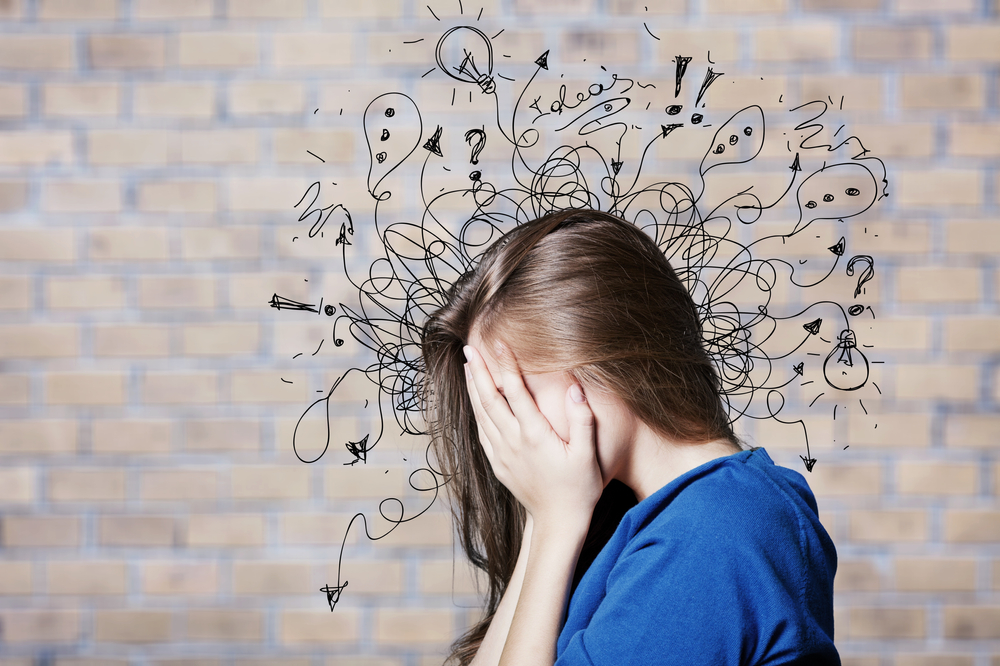Social anxiety is far more intense than mere shyness and can traverse into all aspects of life, including ordinary activities like grocery shopping. The Anxiety and Depression Association of America (ADAA) elaborates that almost 15 million American adults are struggling with social anxiety disorder – a condition which usually begins during the teenage years.
What causes social anxiety disorder?
The true source of social anxiety disorder is a mystery, however it likely occurs from the combination of several elements. It has been theorized that physical, biological, and genetic factors have an impact on this mental illness. Furthermore, irregularities in neurotransmitter systems may result in abnormalities with serotonin, dopamine and glutamate hormones which help to control our state of mind.
Environmental factors may contribute, but only as part of a complex interaction that also involves biological and genetic features, some experts say.
Factors that may contribute include a history of:
- emotional, physical, or other kinds of abuse
- negative interactions with peers
- overcontrolling parenting styles
- having an insecure attachment style
Certain negative experiences may cause a person to suffer from post-traumatic stress disorder (PTSD), in which social anxiety is often experienced. It’s unclear why the occurrence of anxiety disorders might be hereditary, as it can be attributed to either genetic or environmental factors.
What are the symptoms of social anxiety?
Do you ever feel overwhelmed or scared when in a social setting? If so, then it’s possible that you have social anxiety. Common symptoms include blushing, sweating, trembling, avoidance of people and eye contact as well as difficulty speaking. Unfortunately the cause behind this fear is often an underlying sense of being judged or misunderstood by others.
What is the main cause of social anxiety?
Although experts are unsure of the exact underlying cause, many suggest that an imbalance in brain chemicals and past life events – such as facing abuse or a strict parenting style – may play a role. However, these cannot be seen as the only contributors to this issue according to research.
How can I overcome social anxiety?
To ensure that any possible issues are avoided, it’s essential to seek medical assistance right away if you suspect social anxiety disorder. Remedies such as counseling, medication and lifestyle changes can be employed to treat the condition – with a combination of psychotherapy and antidepressants like SSRIs or SNRIs proving most effective in reducing symptoms associated with this disorder.
The GMI Research Centers are researching migraines and are seeking new participants to join. Our studies seek to determine the safety and efficacy of an investigatory drug for the treatment of those with the disease. To see if you qualify for our study, be sure to give us a call today.


